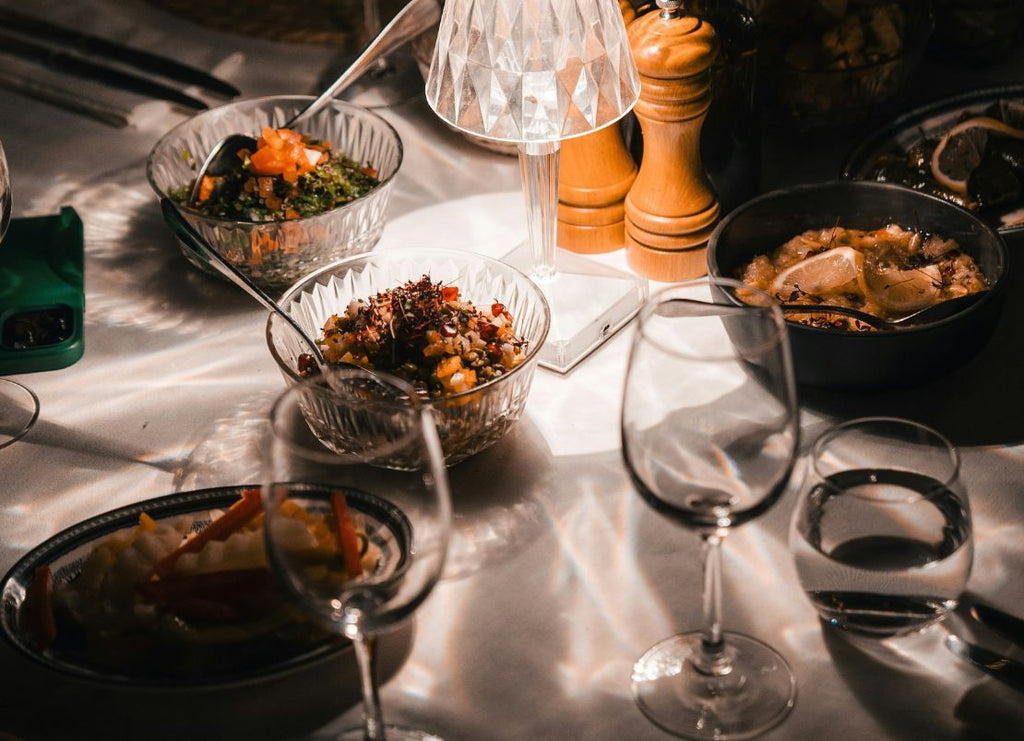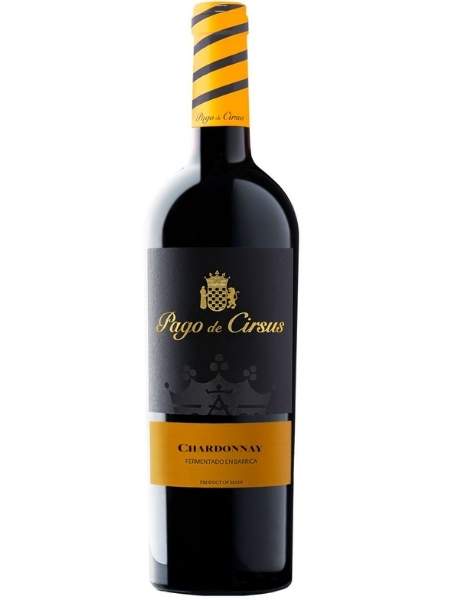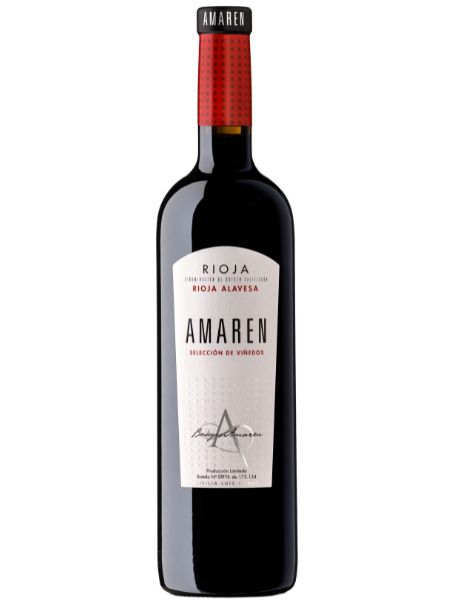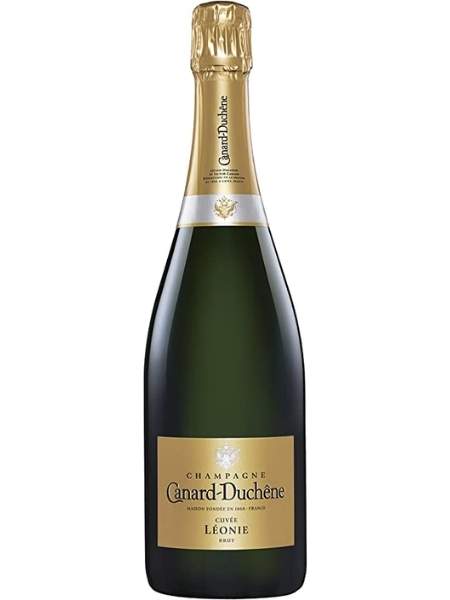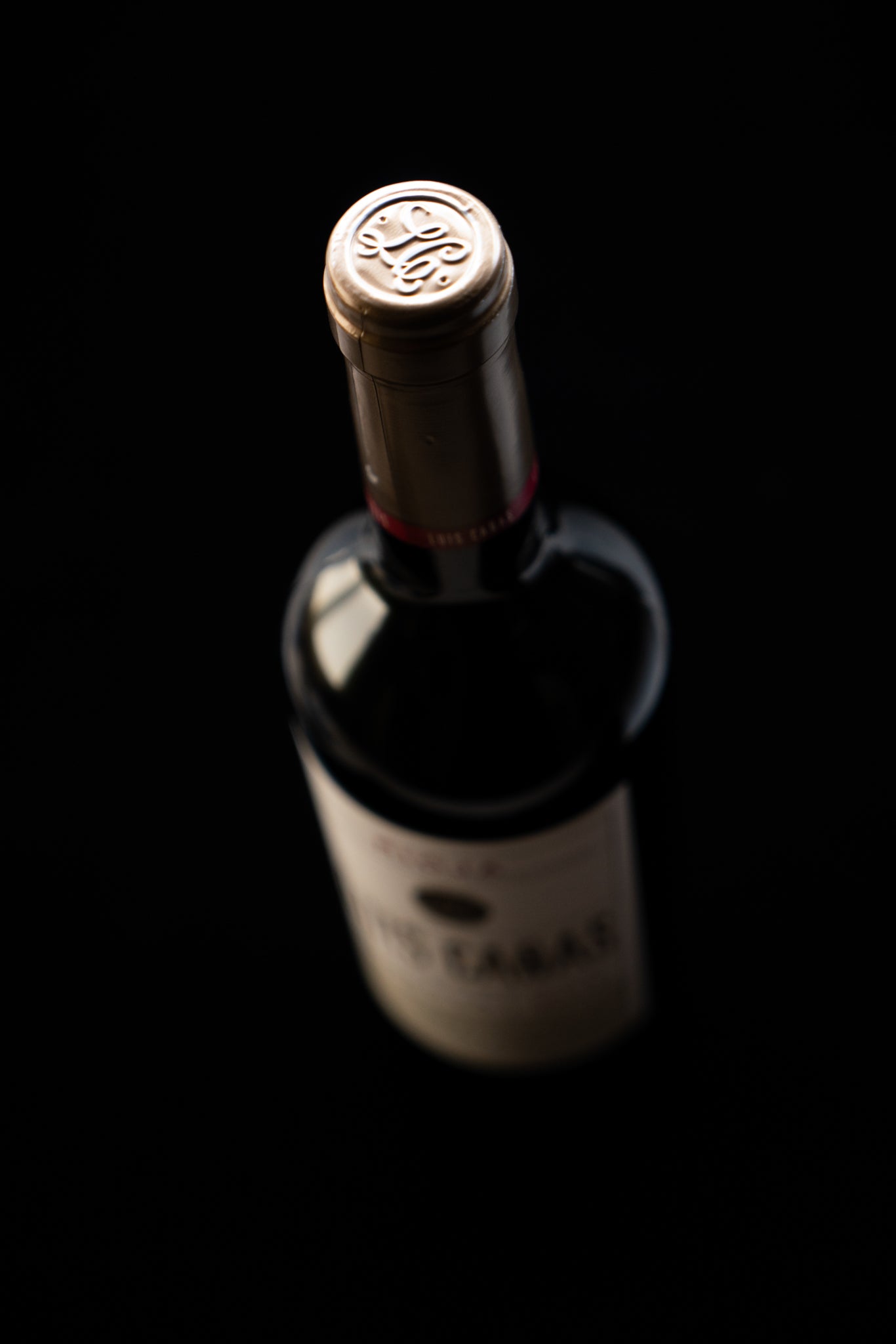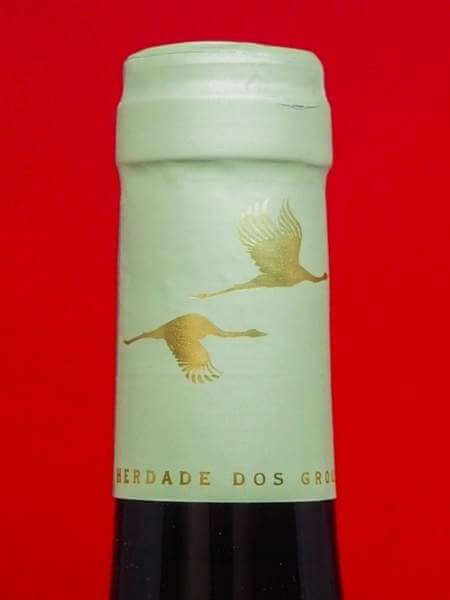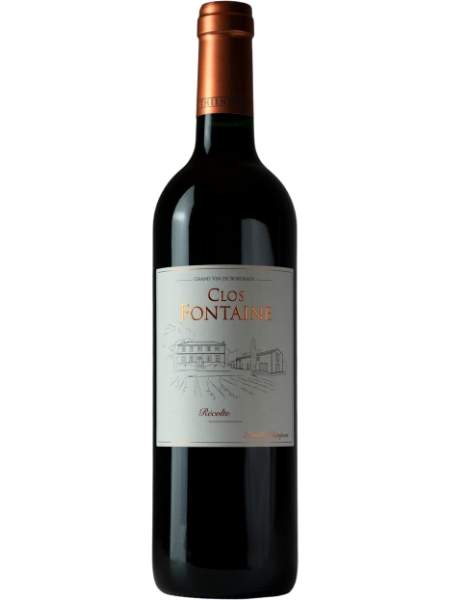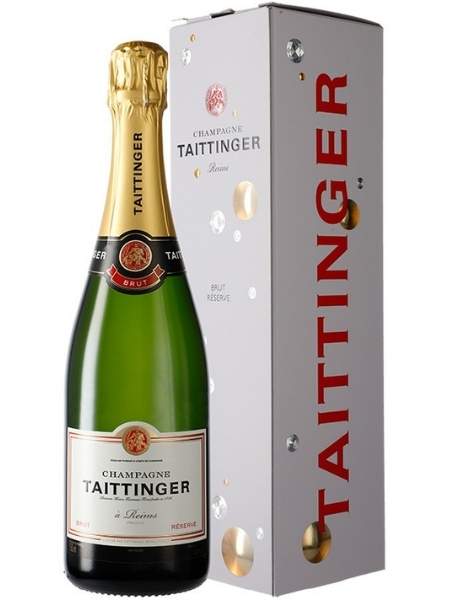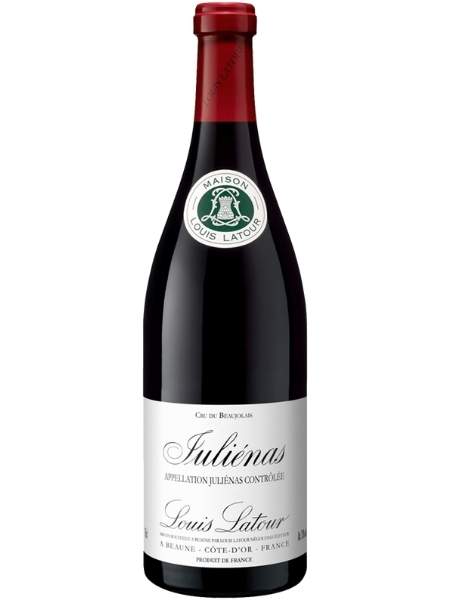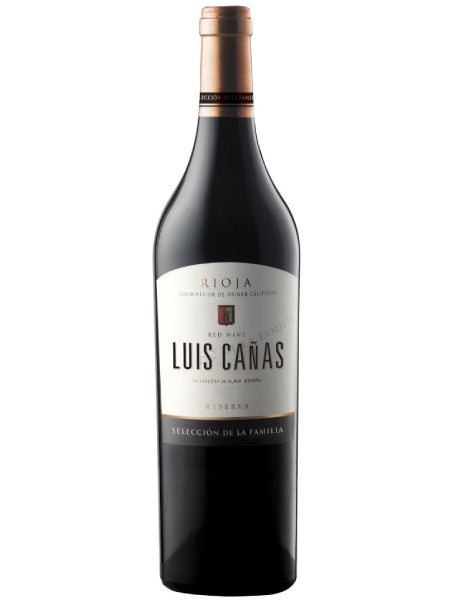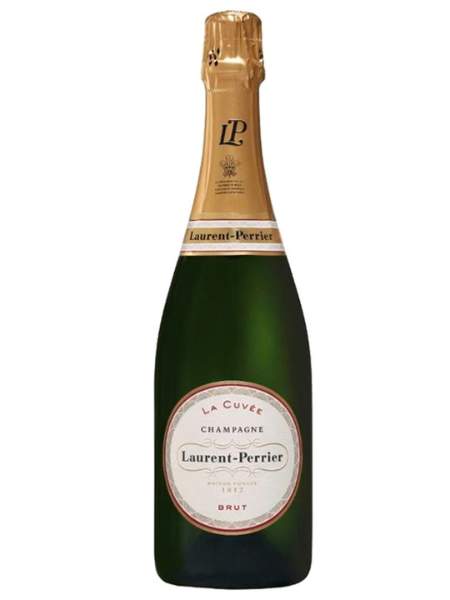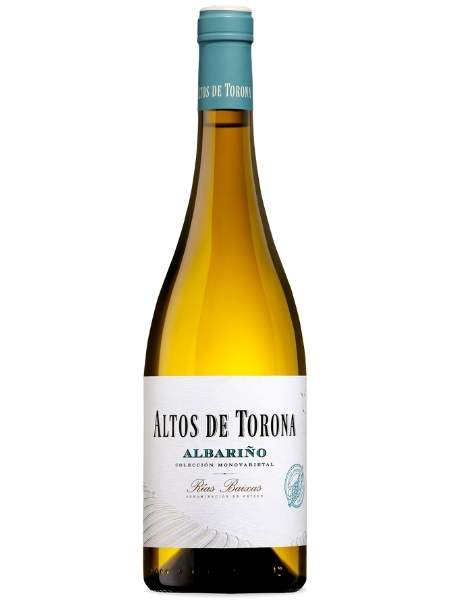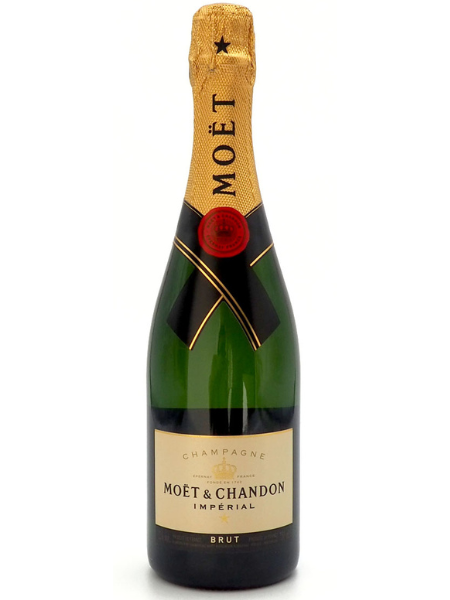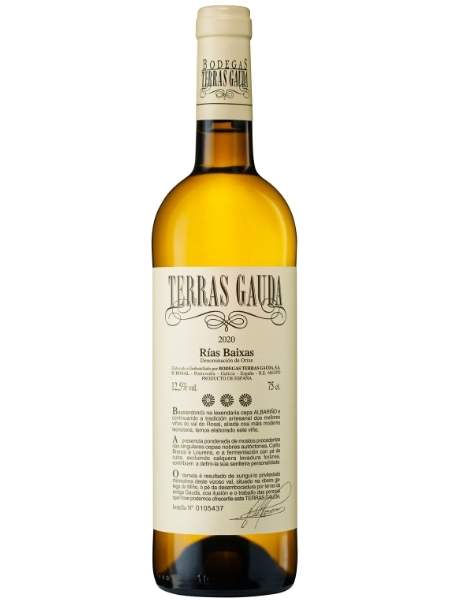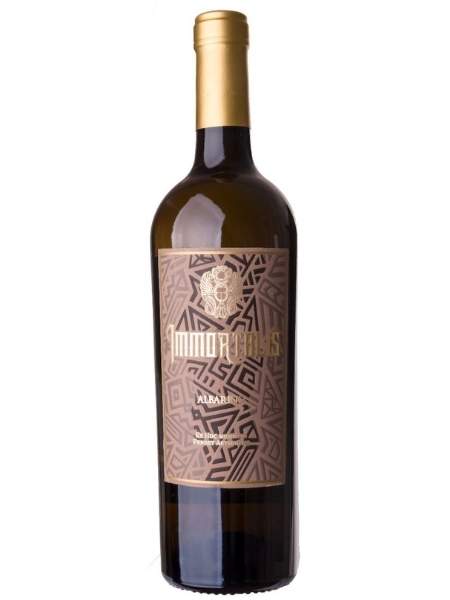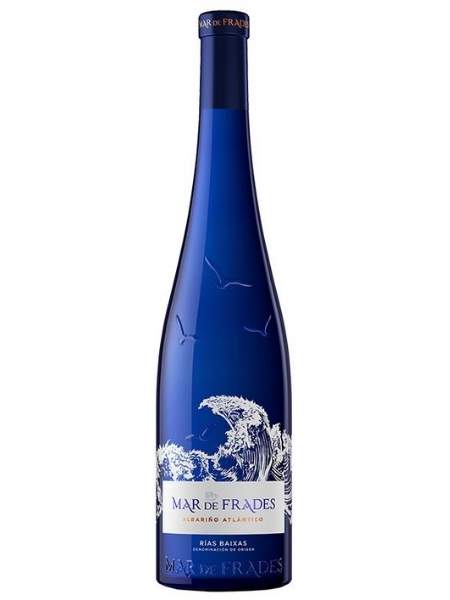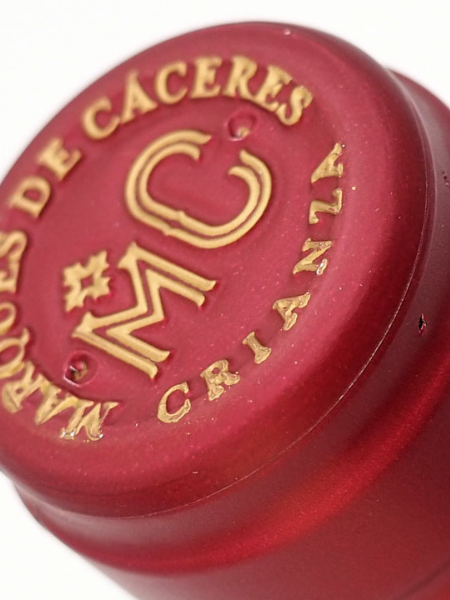
How to Pair Wine with Salad

As we mentioned in the previous article, the beginning of the year always seems to be marked by new purposes, such as starting a new diet, or at least by the desire to change our diet.
Whether it is a reaction to the way we eat during the holidays, or whether we simply want to improve our diet, the first thing we focus are fruits, vegetables and greens.
This change comes with a natural question: which wine goes well with salads or vegetable dishes?
In this article, we aim to explain how you can make tasty combinations.
When we talk about food associations in wineworld, we realize that they are designed more for main courses than for entrees or salads.
Salads are a fresh dish that we prepare our stomachs for the main course. In a salad we find various green leafy vegetables, colorful vegetables and, in some cases, even fish, vegetables, pasta, cheese, nuts, and sauces.
Here are some simple tips to help you make the right choice when it comes to finding a good wine that pairs with salad.
What Types of Wines Can Be Combined with Salads?
To combine with a salad, it is best to choose a white or rosé wine , but if you only like red wine, you can opt for a young red wine, which has not been aged and did not even have an easy passage through the wooden barrel.
The best idea is for the wines you combine to be dry, as this better counteracts the acidity and possible bitterness of the salad or other similar vegetable elements in taste, such as artichoke or cardoon. The same goes for wine for vegetables: if they are steamed, a light white wine will be a good accompaniment, but if they are grilled, rosé wine or red wine may be more suitable.
What wine do we choose if our salad contains nuts, rice or a heavier dressing? In this case it would be advisable to pair the food with a full bodied wine- white,red or rose - and with a better structure.
To ensure that you enjoy all the flavors of your vegetables or greens, opt for dry wines. Thus, when making the right food pairing, you will feel both the aromas of the dishes and the tasting notes of the wine.
Dry wines are those in which there is no trace of sugar, maximum we could find between one and three grams per liter, which is a residual sugar, because all that sugar that comes from grapes it was fermented and turned into alcohol. That is why a dry wine will always have much more acidity and much more alcohol than a sweeter one.
In the case of white wines, the Albariño, Chardonnay, Sauvignon Blanc and Verdejo grape varieties are the ones that give the driest wines, but they also have a characteristic that differentiates them, namely that these wines have a slightly bitter finish.
In the case of rosé wines and dry red wines from Spain, the most widely used varieties are Garnacha, Tempranillo, Syrah, Cabernet Sauvignon, Merlot or Cariñena.
To conclude, the best advice is to start with a lighter wine, either white or rosé, because young, dry red wines tend to be more astringent, have more body and more alcohol, so it’s more suitable for dishes that contain more flavorful and spicy ingredients.
Our recommendations
Jota de To, from Bodegas Diez Gómez, in the Toro appellation of origin, a winery that is committed to an authentic and select product, with this exclusive wine from which only three thousand bottles are made, describes the landscape of Zamora through this variety. unique in the area, Verdejo de Toro.
A wine that spends six months in French oak barrels, in contact with its yeasts, which gives it a unique character, full of nuances of spices and fine pastries, this wine has also been clarified with vegetable protein , which makes it the perfect ally for vegans or people with intolerances.
Altos de Torona, a monovarietal Albariño from the Rías Baixas, which is also aged for six months on its yeast and has a very moderate alcohol content, which makes it a wine that is very easy to associate with food. This wine has a very beautiful color, it is clean and bright, in the nose we find notes fried by the barrel, but also some sour fruits, such as apple and some citrus notes. In the mouth it has volume and is creamy, it differs from other Albariño wines in that it has light salty notes that are provided by the sea breeze that indicates its proximity to the sea, and has a good acidity very well integrated overall, by the way, this wine is also vegan, so it's great to combine with your salads.
Dehesa Carrizal Chardonnay , a wine with a beautiful yellow color, which in the nose offers aromas of white fruit, honey and pastries. In the mouth it is creamy and creamy, with a lot of volume because it spends about six months in French oak barrels. The barrel gives it elegance and a very tasty and spicy aroma, which is reflected in a silky and very pleasant finish.
Vella Lola rosé, a single salmon variety of Grenache, dark salmon color, with a good balance between acidity and alcohol, this rosé from Empordà has all the character of the Mediterranean climate, but also another sign of quality that identifies it with the territory, is touched by the air dry Tramontana, which makes it a very personal wine, sweet in the mouth and full of small nuances. This dry rosé is a good choice to pair with salads and also with sushi or Asian-style cooked vegetables.
Mingua Tinto joven 2020, from Bodega Fábregas in the heart of Somontano, a dry red wine made from Garnacha, Syrah and Moristel varieties, a tasty wine, direct and easy to drink, because it has no aroma or alcoholic taste, despite its content of almost fifteen degrees alcohol, a fresh and dynamic wine, ideal for red wine lovers who do not want to miss their favorite drink when eating a salad, boiled or grilled vegetables.
You can find all these recommendations and many other options in our store
Remember that you can be guided in your choices by analyzing the description of each wine in our catalog that indicates whether the wine is dry, semi-dry, sweet, semi-sweet.
We wish you a wondeful time discovering new wines!
See you next time,
Dis&Dis Team



